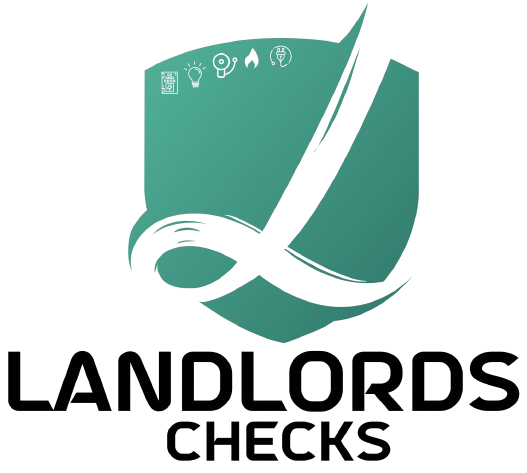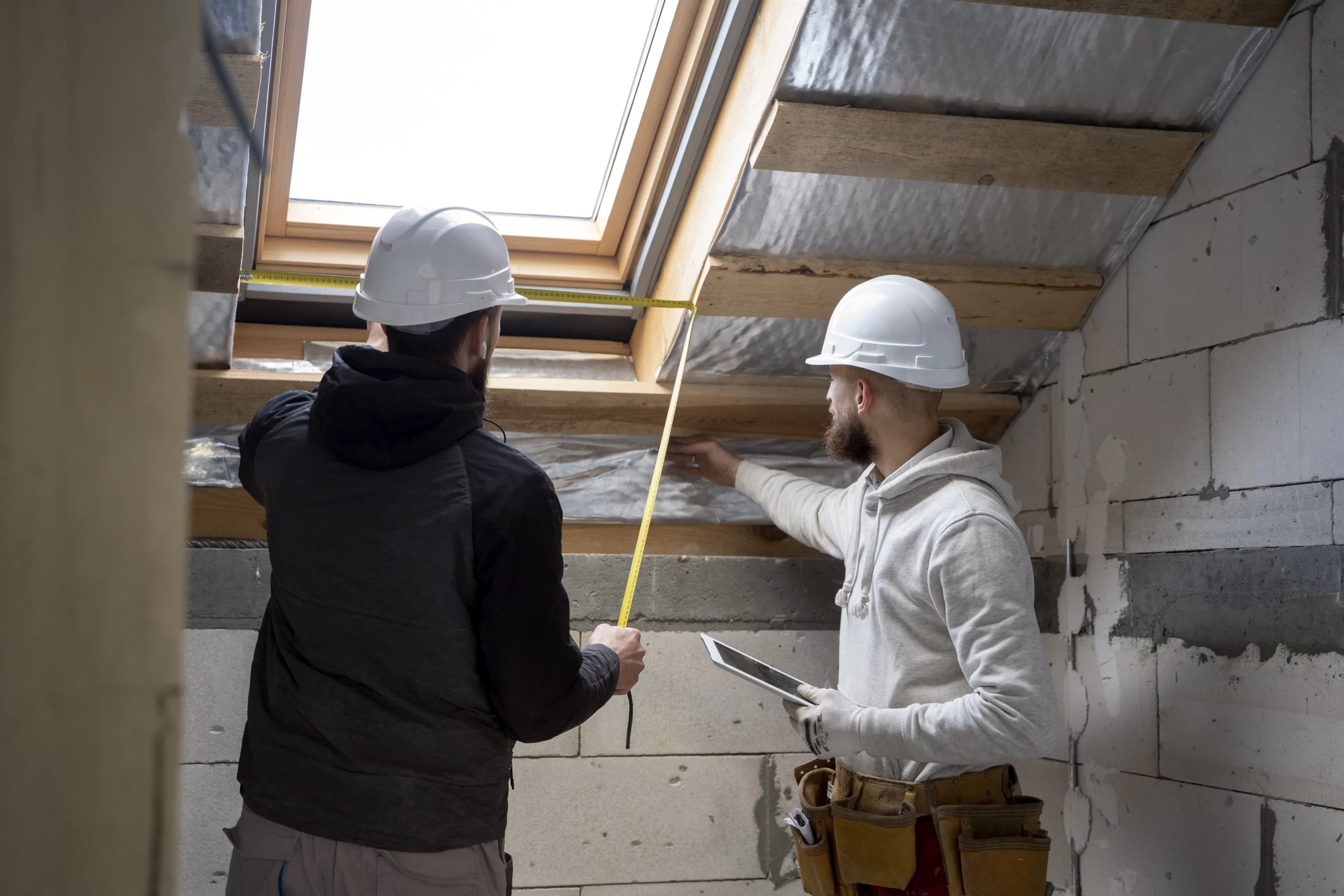The Great British Insulation Scheme (GBIS) is a government initiative aimed at helping households across the UK improve energy efficiency, reduce carbon emissions, and lower heating bills. With the rising cost of living and environmental concerns, this scheme is a vital step toward creating sustainable and affordable homes for everyone.
In this blog, we’ll break down who can benefit, the scheme’s key components, its advantages, landlord responsibilities, and the application and installation process.
Who Can Benefit from the Great British Insulation Scheme?
GBIS targets households in need of energy-efficient home improvements. Specifically, it helps:
- Low-Income Households: Families or individuals receiving certain benefits or with low annual incomes.
- Vulnerable Groups: Older people, those with disabilities, or individuals living in poorly insulated homes.
- Private and Social Housing Tenants: Renters living in homes with low energy efficiency ratings, typically Energy Performance Certificate (EPC) band D or below.
- Landlords: Property owners looking to improve energy efficiency to meet updated government standards.
Key Components of GBIS
- Insulation Improvements
The scheme focuses on:- Loft insulation
- Wall insulation (including cavity and solid walls)
- Floor insulation
- Affordable Warmth Obligation
Energy suppliers are required to deliver energy-saving measures to eligible households under the scheme. - Grants and Support
Eligible households can access partial or fully funded insulation services.
Benefits of the Scheme
- Lower Energy Bills
Proper insulation reduces heat loss, which can significantly lower energy consumption and save money on heating bills. - Improved Home Comfort
Insulated homes maintain a more consistent indoor temperature, making them warmer in winter and cooler in summer. - Reduced Carbon Footprint
By improving energy efficiency, the scheme supports the UK’s goal of reaching net-zero carbon emissions by 2050. - Increased Property Value
Homes with higher EPC ratings are more attractive to buyers and renters.
Landlords Responsibilities
Landlords play a key role in ensuring their properties meet energy efficiency standards. Under GBIS:
- Landlords Must Provide Consent: Insulation cannot be installed without the property owner’s permission.
- Compliance with Minimum Energy Standards (MEES): Private landlords must ensure their properties meet the minimum EPC rating of E (and soon, C). Failure to comply can result in fines.
Help with the Application Process
- Eligibility Check
Use the official government website or consult energy suppliers to check eligibility based on household income, EPC rating, or tenancy type. - Energy Supplier or Installer Contact
Approved energy suppliers or contractors will assess your property and recommend suitable insulation measures. - Documentation
Prepare necessary documents, including proof of benefits, income, or tenancy agreements, to streamline the process.
Installation Process
- Initial Survey
A professional installer will evaluate your home to determine what type of insulation is most effective. - Installation Work
Once approved, insulation work is carried out by certified contractors with minimal disruption to your daily life. - Post-Installation Check
Inspect the work to ensure it meets the required standards.
How we can help?
The Great British Insulation Scheme is a win-win initiative, providing financial relief to households while contributing to the UK’s environmental goals. Whether you’re a homeowner, tenant, or landlord, taking advantage of this scheme can help make your home more comfortable, energy-efficient, and affordable.
If you think you may be eligible, don’t wait—start the application process today and take the first step toward a warmer, greener future.







